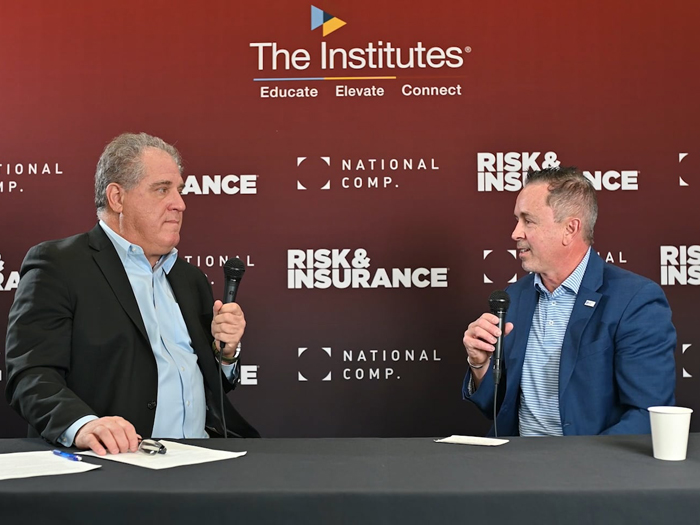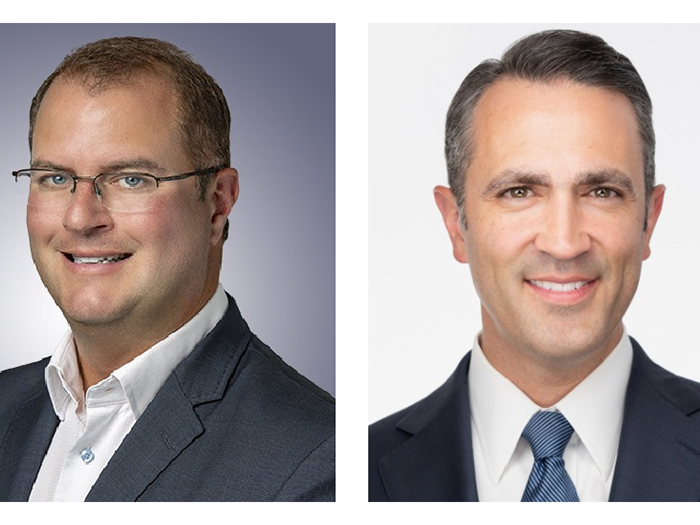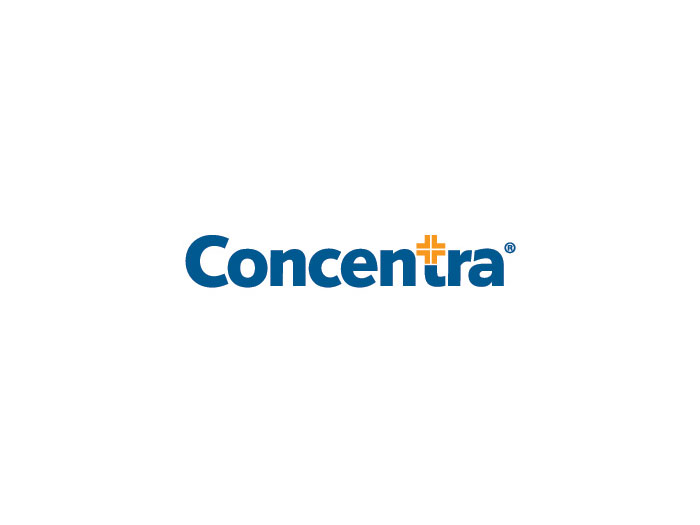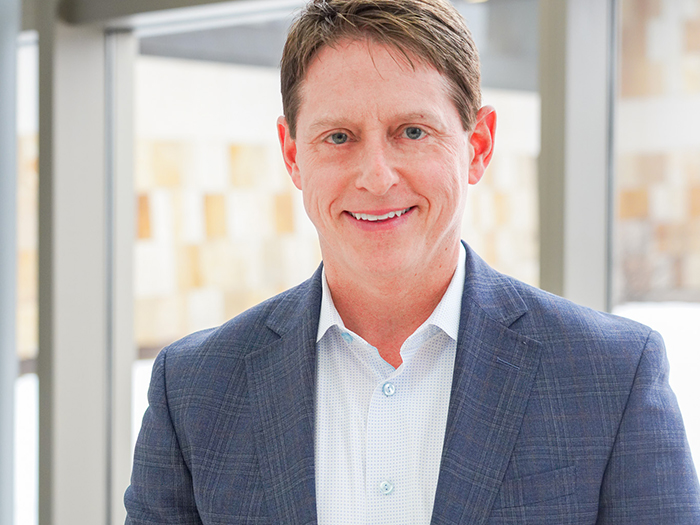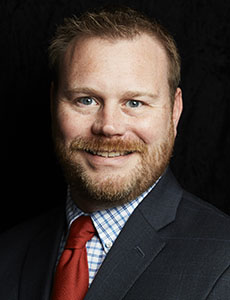Risk Management
The Profession
R&I: What was your first job?
My first job during college was working for St. Paul Insurance Co. as a rater, coder trainee in the personal lines department in Portland, Ore.
R&I: How did you come to work in risk management?
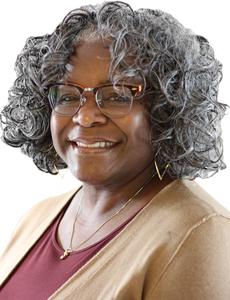 I had always wanted to become a risk manager when I was an insurance broker. An opportunity arose … at TriMet to manage its owner-controlled insurance program [OCIP]. Three years later, I took over the responsibility of managing the agency’s property/casualty and workers compensation insurance portfolio. Previously, I’d also worked for Fred S. James and Sedgwick.
I had always wanted to become a risk manager when I was an insurance broker. An opportunity arose … at TriMet to manage its owner-controlled insurance program [OCIP]. Three years later, I took over the responsibility of managing the agency’s property/casualty and workers compensation insurance portfolio. Previously, I’d also worked for Fred S. James and Sedgwick.
R&I: What sorts of challenges have colleagues been able to help you tackle?
I came to my employer with no construction background to manage an OCIP. While I’m still learning the construction acronyms and the various means and methods of construction, I’m feeling more comfortable around major heavy construction projects with billions of dollars of new infrastructure.
R&I: What emerging commercial risk most concerns you?
For me in my role, cyber risk, mainly because we offer so many electronic transit tools for our riders to use. I’m concerned about the “what if” if someone hacks into any of those e-tools and gains access to the riders’ personal identifying information (PII). For instance, right now we are working on a complete electronic e-fare system allowing the rider to use their smart phone, credit card or debit card to purchase daily, weekly or monthly passes.
R&I: What could the risk management community be doing a better job of?
Even though I see an increase in young risk management professionals, industrywide we could be working to introduce more young professionals into the field of insurance and risk management.
R&I: What’s been the biggest change in the risk management and insurance industry since you’ve been in it?
I’ve seen a more diverse group of risk managers, including a younger group, which is good for the industry as baby boomers start to look towards retirement. More and more organizations are finally looking at the risk management function as an essential role in their organization.
R&I: What insurance carrier do you have the highest opinion of?
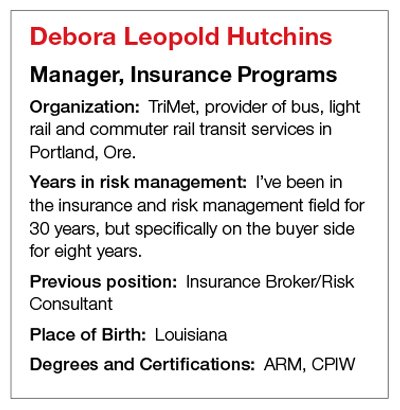 I don’t have as much of an opinion about the companies as I do about the brokers I work with. I can work with any insurance company provided they can insure my organization with broad terms and conditions. However, the relationship I have with my insurance brokers is most important to me and I have a good relationship with both my insurance brokers — Marsh and Alliant Insurance Services.
I don’t have as much of an opinion about the companies as I do about the brokers I work with. I can work with any insurance company provided they can insure my organization with broad terms and conditions. However, the relationship I have with my insurance brokers is most important to me and I have a good relationship with both my insurance brokers — Marsh and Alliant Insurance Services.
R&I: Is the contingent commission controversy overblown?
I’ll put it this way: I prefer that my broker not receive a contingent commission. Whether they’re paid through a fee arrangement or on commission, I want them to be totally up-front and transparent about the compensation they receive on my account. As a public agency, I need full transparency and disclosure of the fee my broker receives.
R&I: Are you optimistic about the U.S. economy or pessimistic and why?
I’m by nature a pessimistic person, and I think we have a ways to go with the economy. Since 2008, Oregon in particular is still trying to make a comeback. Jobs are starting to open up, the value of homes is starting to rise, and salaries are slowly rising. Six years later, we’re still trying to play catch up with the rest of the United States.
R&I: What is the riskiest activity you ever engaged in?
I have a fear of water, not being able to see what’s in the water and not being able to touch the bottom. And yet I had the courage to participate for eight years on a dragon boat competition team. Being on that team took me to Italy to compete in the World Crew Club World Championship.
R&I: What have you accomplished that you are proudest of?
I took first place in the National Association of Insurance Women (NAIW) National Oratory Competition in late 1980s. And besides competing in the World Crew Club Championship, I participated in a 675-mile bike ride over six days sponsored by Cycle Oregon in 2000.
I am a student of insurance. It’s fulfilling to me because I am at the forefront of making sure the agency’s risks are managed effectively whether through risk retention, risk transfer, risk avoidance or a combination of all those methods.
R&I: Who is your mentor and why?
I have many mentors; most of them came out of the NAIW. There are three that I’ll mention: Careen Adams, Libby Rawls and Doreen Young.
In the 1980s, Libby and Careen hired me from St. Paul Insurance and I worked for them at Cole Clark & Cunningham, a small independent insurance agency now known as Aon Risk Services.
Both Libby and Careen were insurance producers, something that was unheard of for women at the time. Libby encouraged me to get my ARM and CPCU and Careen made it so that I was promoted to a senior account underwriter before she left the company. …
Doreen was a customer service representative for a competitor and she is responsible for helping me gain the confidence and courage to stay in the industry and work my way through some of the same challenges she, Libby and Careen faced.
R&I: What is your favorite book or movie?
I’m not a pleasure reader, but two months ago a colleague insisted that I read “The Glass House” and I loved it.
R&I: What is the most unusual/interesting place you have ever visited?
Italy. I loved visiting the Coliseum, what it represented brought a lot of emotions for me as a Christian. I could feel the pain the Christians endured being used as a gaming tool during that era. It was amazing.
R&I: What about this work do you find the most fulfilling or rewarding?
I absolutely love insurance; I am a student of insurance. It’s fulfilling to me because I am at the forefront of making sure the agency’s risks are managed effectively whether through risk retention, risk transfer, risk avoidance or a combination of all those methods. I enjoy helping people, and when you’re in this field people come to you with a lot of questions, like, “What if we took on this, this and this, what would be the outcome?”
R&I: What do your friends and family think you do?
They know that I manage risk because I take what I do and I blend it into my personal life.
It drives my daughter crazy when I say, “Check your car before you get inside or make sure you have your house key in your hand when you’re getting home late at night. She’ll say, “There you go, Mom, always managing risk.” My husband will kind of lower his eyebrows and say, “OK, here comes my risk management session for the day.”
Risk is around us every day and when you work in it every day it becomes part of who you are.





